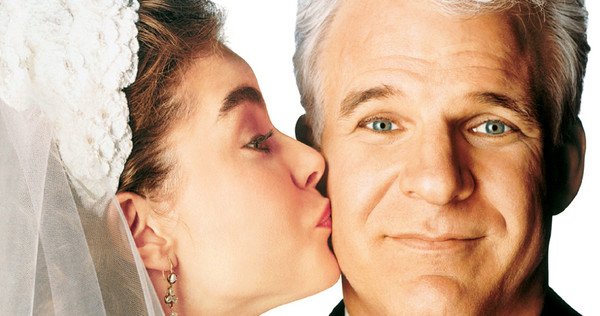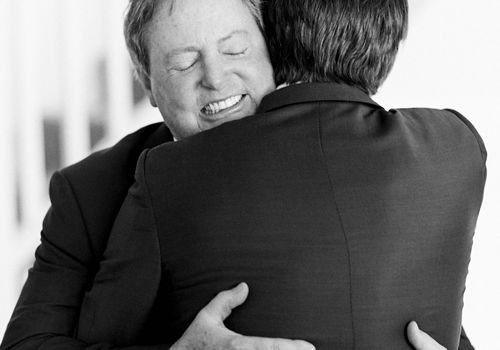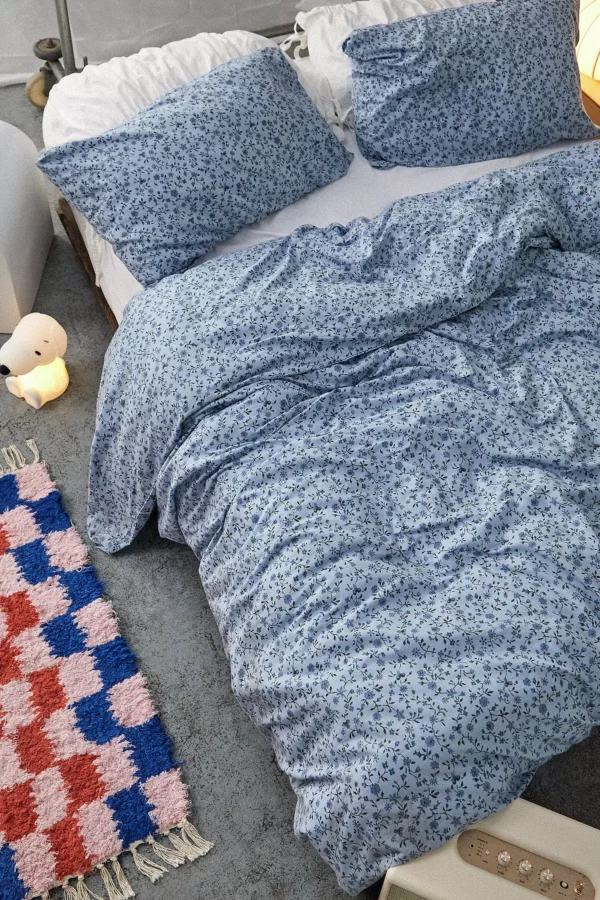
Respectful or Outdated: Should You Still Ask Their Father Before Proposing?

For couples everywhere, age-old traditions are an important part of getting married. Many customs need to be considered before the proposal has even taken place. Whether you’re planning a classic wedding or a unique ceremony, it’s always worth considering such traditions and choosing the ones that are perfect for you and your partner. Since there are no longer set rules about how you propose and how you tie the knot, you have the chance to tailor the whole process to you and your other half. This way, each step will be special to you.
Some traditions, like proposing with a diamond ring, have withstood the test of time and are still practised widely. Others, however, have faced more controversy in recent years, leaving couples uncertain on whether or not to ditch them. One tradition that can often leave people stumped is the practice of asking their partner’s father for permission before proposing.
The origins of the tradition
The reason why some couples have decided to discard this particular tradition comes down to the origin of weddings as a transaction. When the custom began, it was all about striking up a deal and arranging a daughter’s dowry as well as asking permission. However, the custom is nonetheless rooted in love-matched marriages. So, its history isn’t quite as transactional as it might seem at first glance.
Husbands first began asking the permission of their would-be in-laws during the 19th century. At this point, young couples were free to marry for love, but would still need the approval of the men in their lives. If you’ve watched Bridgerton, which features debutante balls and match-making, that’s the kind of social setting we’re talking about.
Although lots of things have changed about proposals and marriages since then, this tradition has really stuck. However, many couples are now questioning whether it’s still relevant to ask the permission of the father of the bride. After all, women should be completely in charge of their own destinies.
Do people still ask the father?
Despite a lot of couples questioning this particular tradition, the custom is still going strong. One 2017 survey by Zank You found that almost two-thirds of grooms in the UK ask for permission from their partner’s father before popping the question. Over in the United States, 2015 data from the Knot showed that three-quarters of men chose to seek permission from their partner’s parents first. In many cases, the survey from the Knot found that the father of the bride would have more intel on the upcoming question than the bride herself; 40 per cent of brides said that the proposal came as a complete surprise.
These numbers show that this tradition is still alive and well, but it’s certainly not a universal ‘must’ when it comes to proposing. At the end of the day, each scenario is unique to the couple and the family in question, and there’s a lot to weigh up.

So, should you ask permission?
Even if you aren’t on board with the origins of this tradition, it’s still nice to get the whole families involved. However, there are many ways to do that without only going to the father of the bride. Of course, you don’t want to avoid asking your partner’s dad if their family view this custom as a sign of respect. It may be worth doing a little sleuthing first and asking other members of the family how the act of asking permission from the father is viewed within their family. You can then make your decision based on this.
While a surprise proposal is fine, your partner should never feel completely blindsided by the big question. Of course, it’s natural to want your proposal to feel like a wonderful surprise, so you don’t have to divulge all the details. However, be sure to talk to your other half about the idea of getting married in general first before going to their parents. If you’ve already had this discussion, or you’ve both been open about your desires to tie the knot for a while, there’s no harm in getting the parents involved. Why not frame the discussion with their parents a bit differently? Instead of asking their permission, you could courteously tell them about your intentions. Or, you could even ask them to help you plan the dream proposal. This way, everyone is involved.
Of course, the matter also depends completely on your partner’s relationship with their parents. For instance, if they’re tight-knit with their mum but don’t often see their dad, it might feel inappropriate to discuss the proposal only with him and not her. Traditions can be wonderful, but if you don’t feel like it is a good fit for your family or your partner’s family, don’t be afraid to make some changes.
Another way you could get the families involved is by talking to them about the wedding shortly after the proposal has taken place. While you break the exciting news to your soon-to-be in-laws, your partner can have the same conversation with your parents. This way, everyone is on the same page at the same time, and each set of parents has been respectfully informed. This is one way of adapting the tradition so that it doesn’t feel too caught up in gender norms and everyone is on an equal footing.
However you choose to navigate this tradition, just remember that finding a solution that is a good fit for you and your partner is far more important than adhering to marriage customs. Go with your heart and you can’t go wrong, whatever decision you make.













































